
In the fall of 2017, Mantachie Rural Health Care announced its receipt of federal funds to help fight the national opioid crisis. MRHC used part of that funding to hire a community educator, Debbie Pannell, LMSW.
Meet Our New Community Educator
Pannell, a Licensed Master Social Worker from Itawamba County, has helped people struggling with addiction for three years. She worked with Lifecore Behavioral Health Group, a community-based alcohol/drug prevention and treatment service. She also worked for Oxford Treatment Center, an inpatient facility for substance abuse and rehab programs. As MRHC’s Community Educator, Pannell focuses on the opioid epidemic in North Mississippi.
“Everyone hears about the opioid epidemic but we’re defining it and getting the word out,” said Pannell.
Her first goal is to break down social barriers so people addicted to opioids can receive the help they need. She’s scheduling opportunities to speak to schools, churches and civic organizations to talk about the problem and what services are available.
“We’re hoping to open people up to realize we aren’t judging you. Many opioid addicts are used to being accused and having to defend themselves,” she said.
What Is The Opioid Crisis?
Opioids are a class of drugs that include the illicit drug heroin as well as the prescription pain relievers oxycodone, hydrocodone, codeine, morphine, fentanyl, and others. In the late 1990’s pharmaceutical companies assured the medical community that patients could not become addicted to opioids. Later research found that opioids are highly addictive, but by that time the damage had already been done. According to the Department of Health and Human Services, more than 116 Americans die after overdosing on opioids every single day.
Addiction Is Not A Morality Issue
Many people view addiction as a moral failing on the part of the addict when in reality many people addicted to opioids don’t realize what they’re getting into. The addiction begins with a prescription for opioids by a doctor for a valid reason: a broken bone, a miscarriage, a major car accident, a back injury. Patients then find they need a higher dose of pain medications as they build up a tolerance. When they do not take the pain medications they feel worse. Soon they’re constantly thinking about the medication and wondering if they will have enough for the weekend. When their doctor stops prescribing it, they seek out alternatives found on the streets like heroin.
Opioids alter a person’s brain chemistry. Some areas of the brain in long-term opiate abusers have shown signs of shrinking or going dark. Others have demonstrated changes in the level of certain chemicals that then change how they respond to various stimuli.
Opioid Addiction Can Happen to Anyone
Opioid addiction can affect anyone: your brother, your father, your grandmother, your 12-year-old niece, the young mother who volunteers at Sunday School. Addiction doesn’t discriminate. In addition to breaking down social barriers, Pannell is working with other educators and entities to find out what resources are available to addicts from all socioeconomic backgrounds.
Patients who contact Mantachie Rural Health Care with concerns about opioid addiction start with an assessment with MRHC’s onsite counselor, LCSW Bryan Gillespie. Gillespie helps patients deal with underlying issues like anxiety, depression, or past trauma that may be fueling a patient’s opioid addiction. Following the assessment, MRHC connects patients to the help they need.
One of the newest resources available at MRHC is telehealth. Often in rural areas, it’s difficult for residents to receive psychiatric mental health care. Through the telehealth system, patients have a face to face conversation with a psychiatric nurse practitioner. The nurse practitioner may also refer patients to other medical and rehab centers and may prescribe medications if necessary.
If you would like to schedule Pannell to talk about opioid abuse at your local church, school or event center please contact us at 662-282-4335.
If you or a loved one is ready to take that first step and talk to a medical care professional about opioid abuse, please contact our Behavioral Health Clinic at 662-282-4335. You don’t have to face this alone.
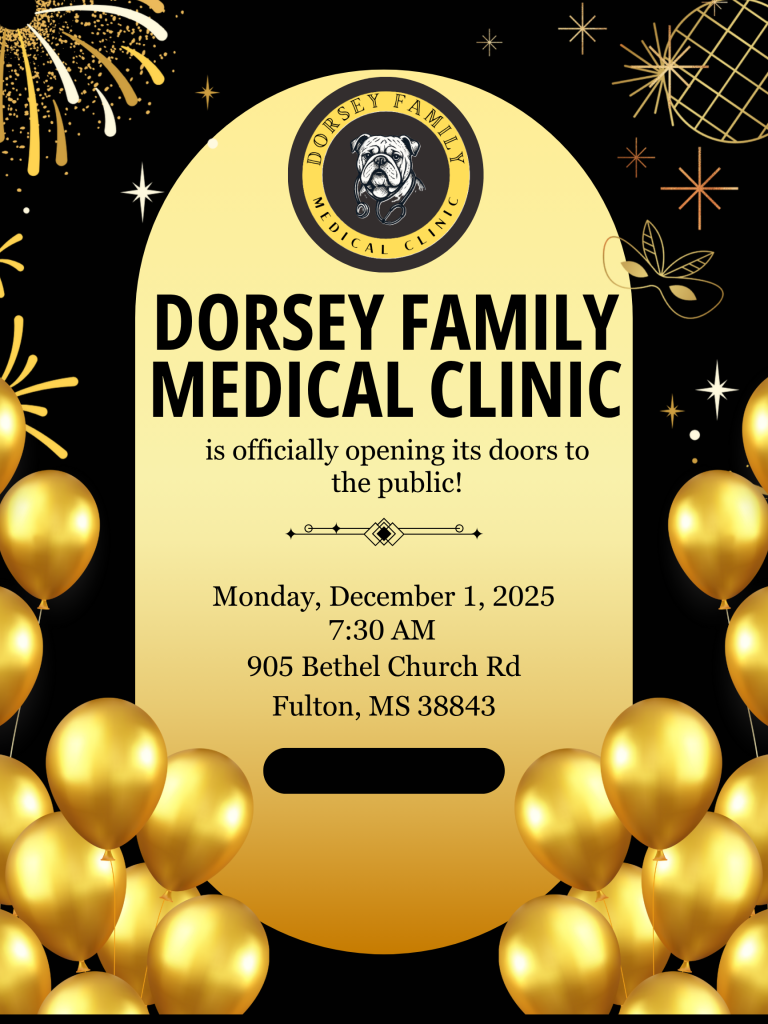
 Did you know Lee County is the #4 county in the state for opioid deaths?
Did you know Lee County is the #4 county in the state for opioid deaths?  It’s estimated that 86 million Americans have high blood sugar. Prediabetes is a condition in which blood sugar is high but not high enough to be Type 2 diabetes. It should be a wakeup call since without intervention, prediabetes is likely to become Type 2 diabetes. It’s important to understand long term damage associated with diabetes such as heart, blood vessel, and kidney damage may have already begun. But it’s not too late to reverse the damage!
It’s estimated that 86 million Americans have high blood sugar. Prediabetes is a condition in which blood sugar is high but not high enough to be Type 2 diabetes. It should be a wakeup call since without intervention, prediabetes is likely to become Type 2 diabetes. It’s important to understand long term damage associated with diabetes such as heart, blood vessel, and kidney damage may have already begun. But it’s not too late to reverse the damage!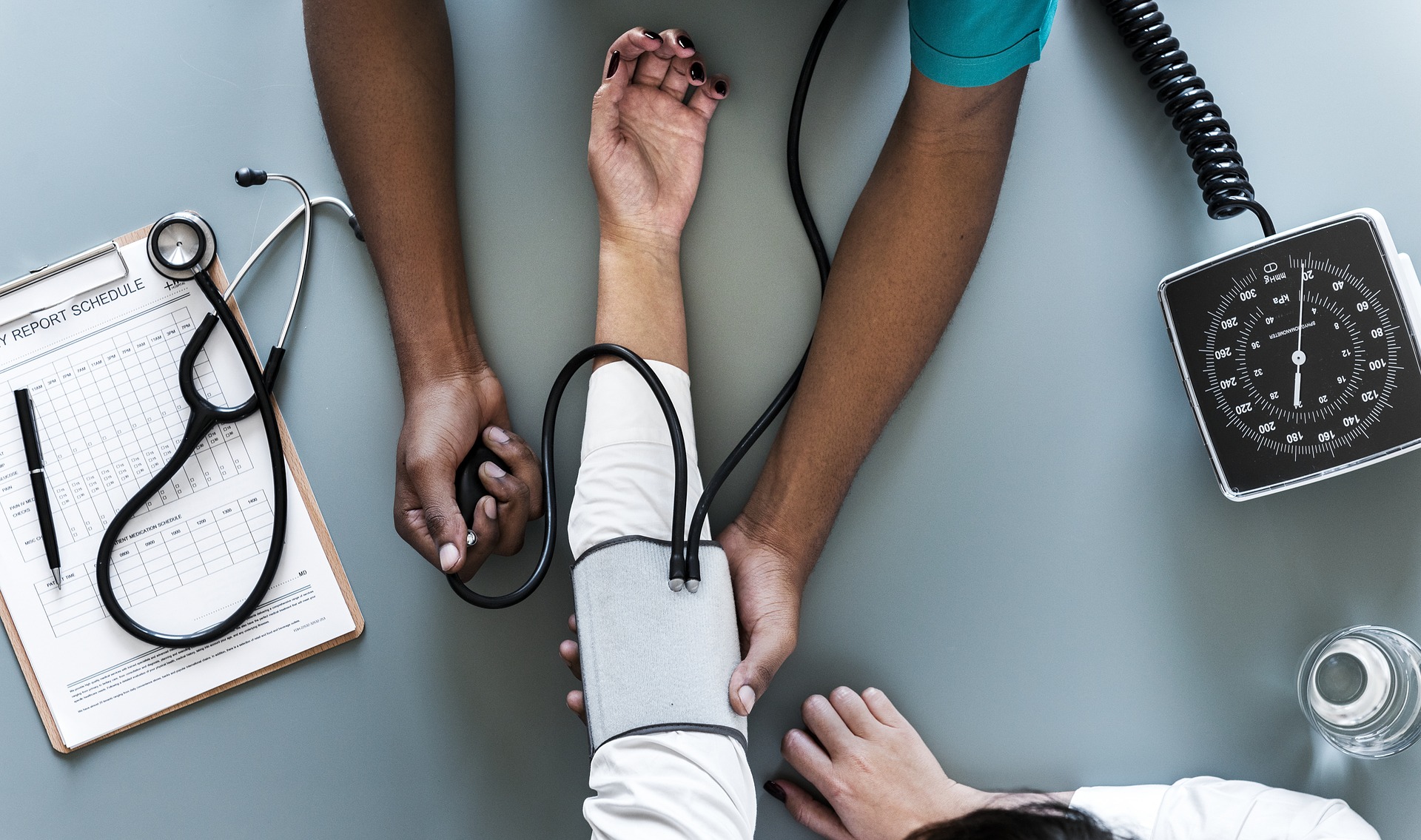 Thanks to new scientific guidelines issued by the American Heart Association, the American College of Cardiology and nine other heart health groups, nearly half of all American adults have high blood pressure. The new guidelines were announced November 13.
Thanks to new scientific guidelines issued by the American Heart Association, the American College of Cardiology and nine other heart health groups, nearly half of all American adults have high blood pressure. The new guidelines were announced November 13.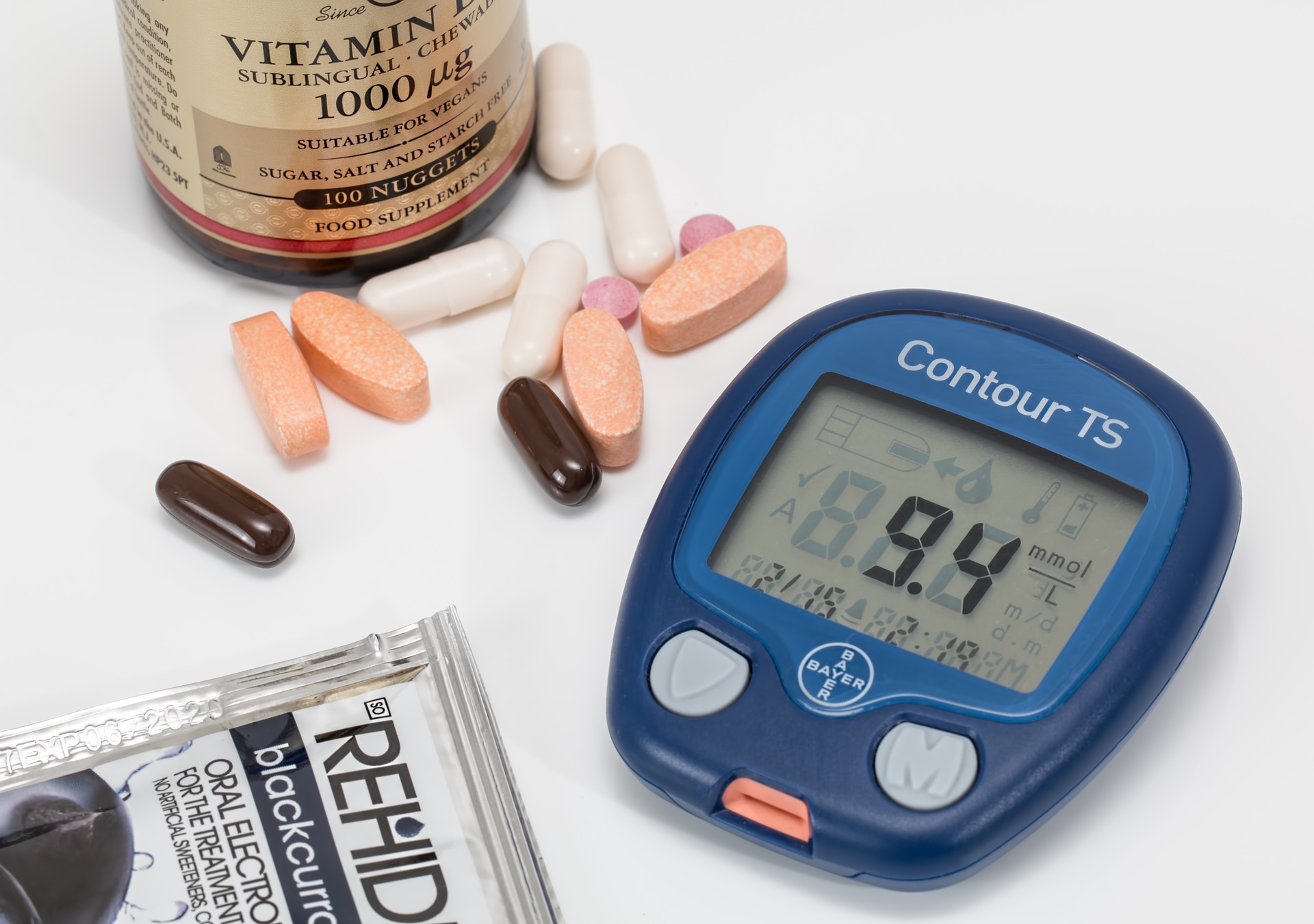 If you have diabetes (Type 1 or Type 2,) now is the best time to talk to your health care provider about preventing and treating the flu. The flu can make chronic health problems like diabetes worse because diabetes can make the immune system less capable of fighting illness.
If you have diabetes (Type 1 or Type 2,) now is the best time to talk to your health care provider about preventing and treating the flu. The flu can make chronic health problems like diabetes worse because diabetes can make the immune system less capable of fighting illness.  When we hear the words “colon cancer,” most of us think about people in their late 50’s and 60’s. Well, new cases of
When we hear the words “colon cancer,” most of us think about people in their late 50’s and 60’s. Well, new cases of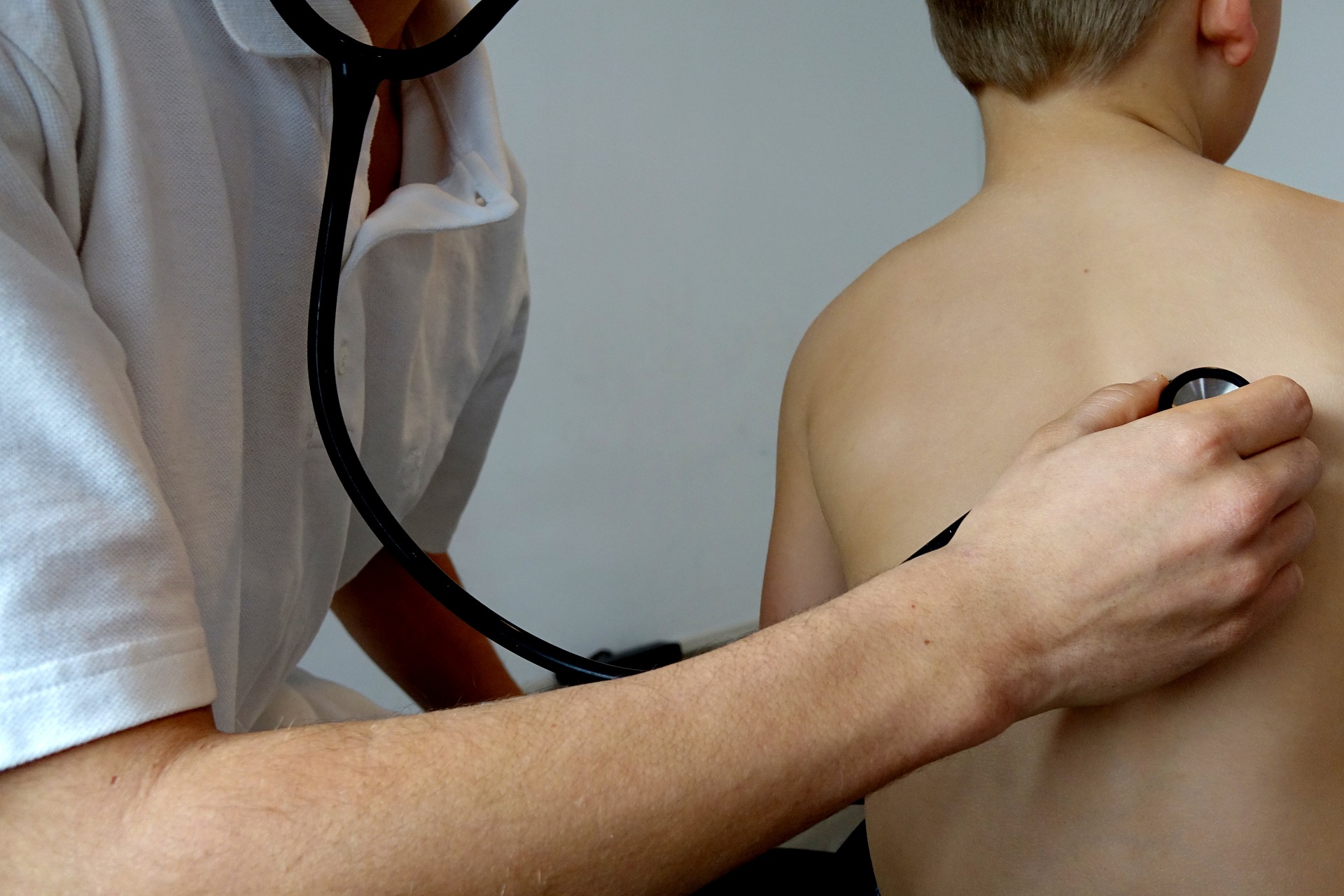 Pneumonia is an infection that inflames the air sacs in one or both lungs. Often the inflammation causes the air sacs to fill with fluid making breathing difficult. Viruses, bacteria, or fungi can all cause pneumonia. Symptoms often include:
Pneumonia is an infection that inflames the air sacs in one or both lungs. Often the inflammation causes the air sacs to fill with fluid making breathing difficult. Viruses, bacteria, or fungi can all cause pneumonia. Symptoms often include: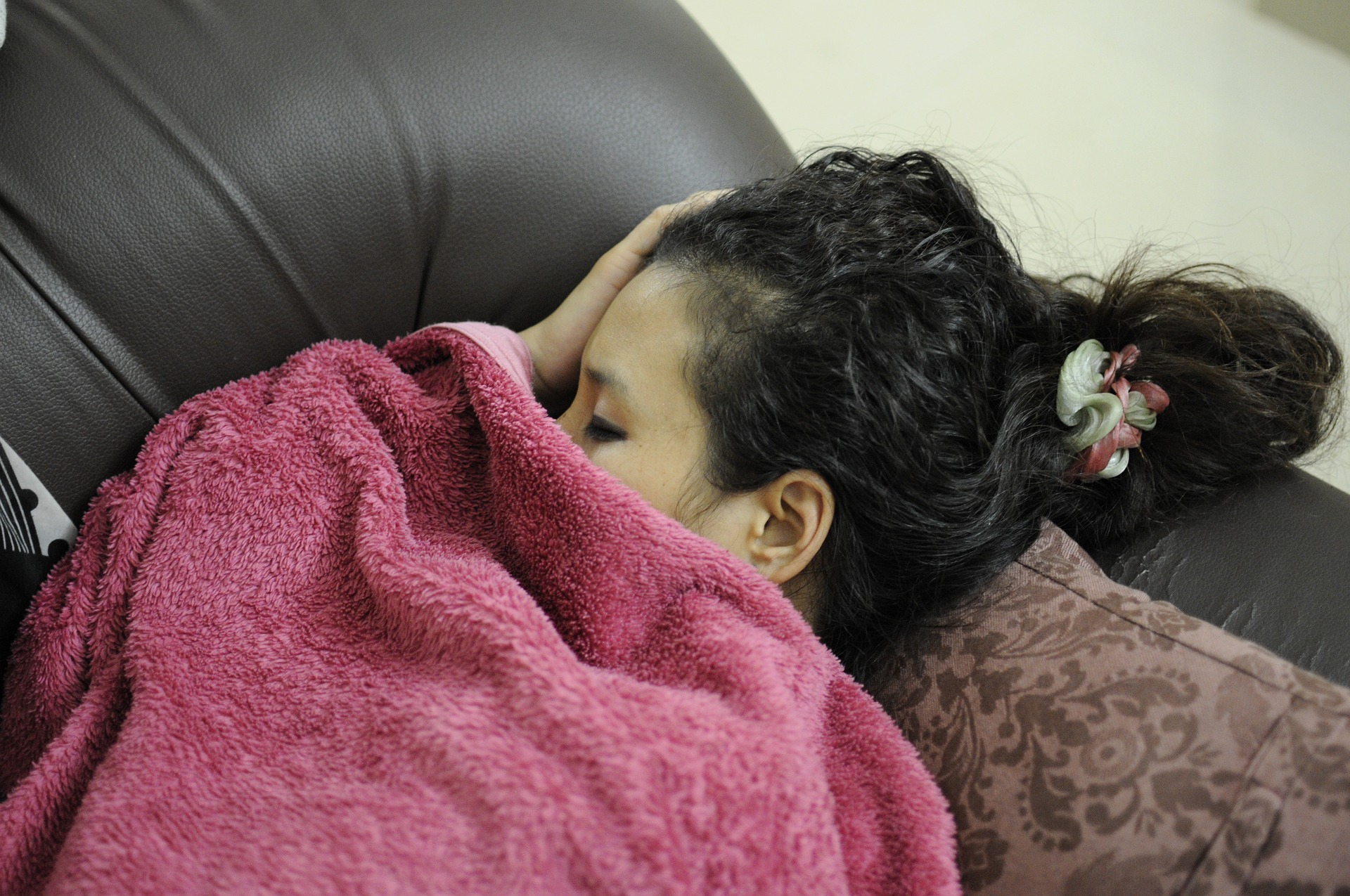 Pneumonia is an infection that inflames air sacs in one or both lungs, which may fill with fluid.
Pneumonia is an infection that inflames air sacs in one or both lungs, which may fill with fluid.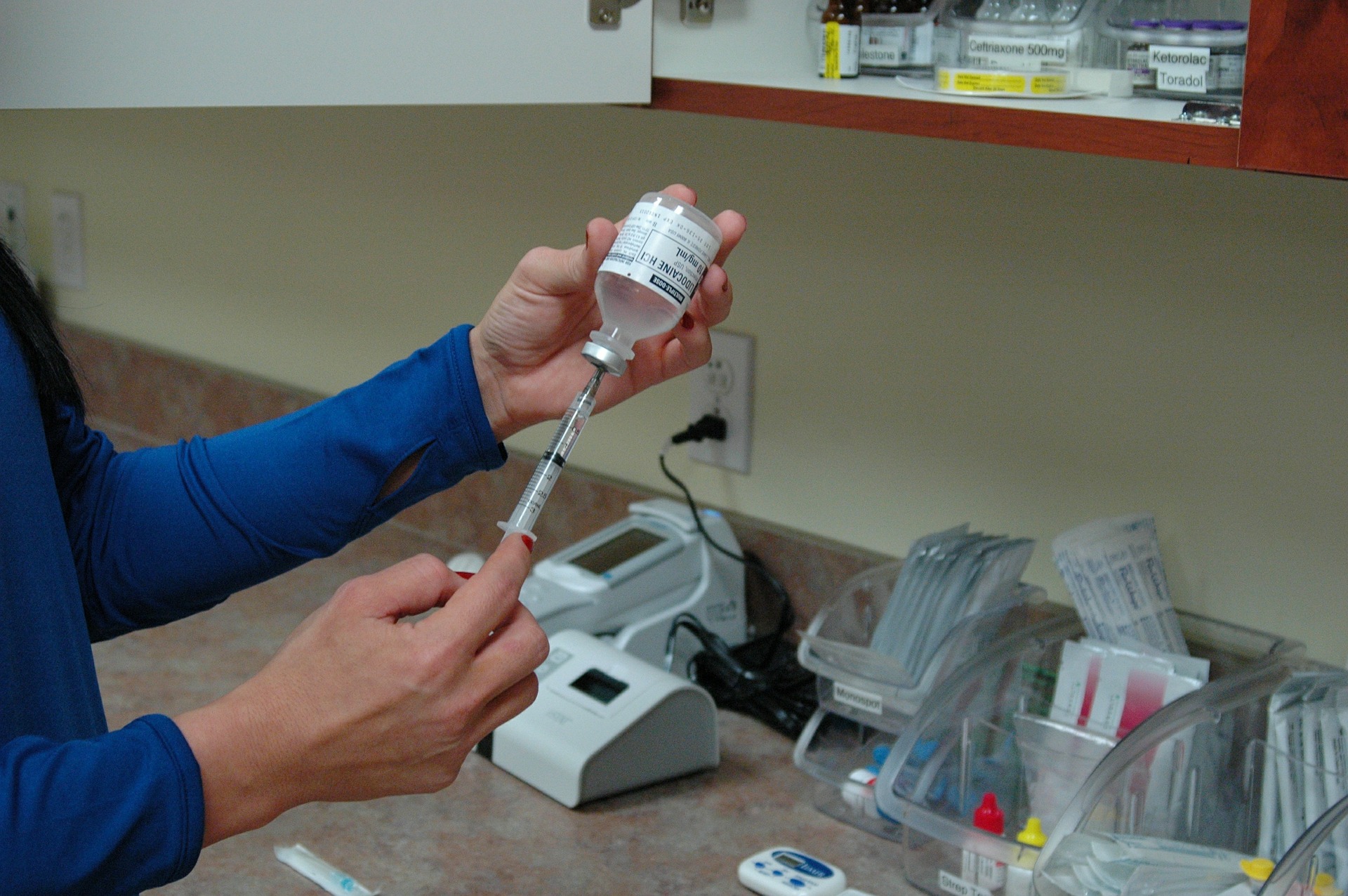 When we think vaccinations, the first thing that comes to most people’s minds is either chubby little babies or kindergarteners excited for school. Little do most people know that adults need vaccinations too.
When we think vaccinations, the first thing that comes to most people’s minds is either chubby little babies or kindergarteners excited for school. Little do most people know that adults need vaccinations too.
